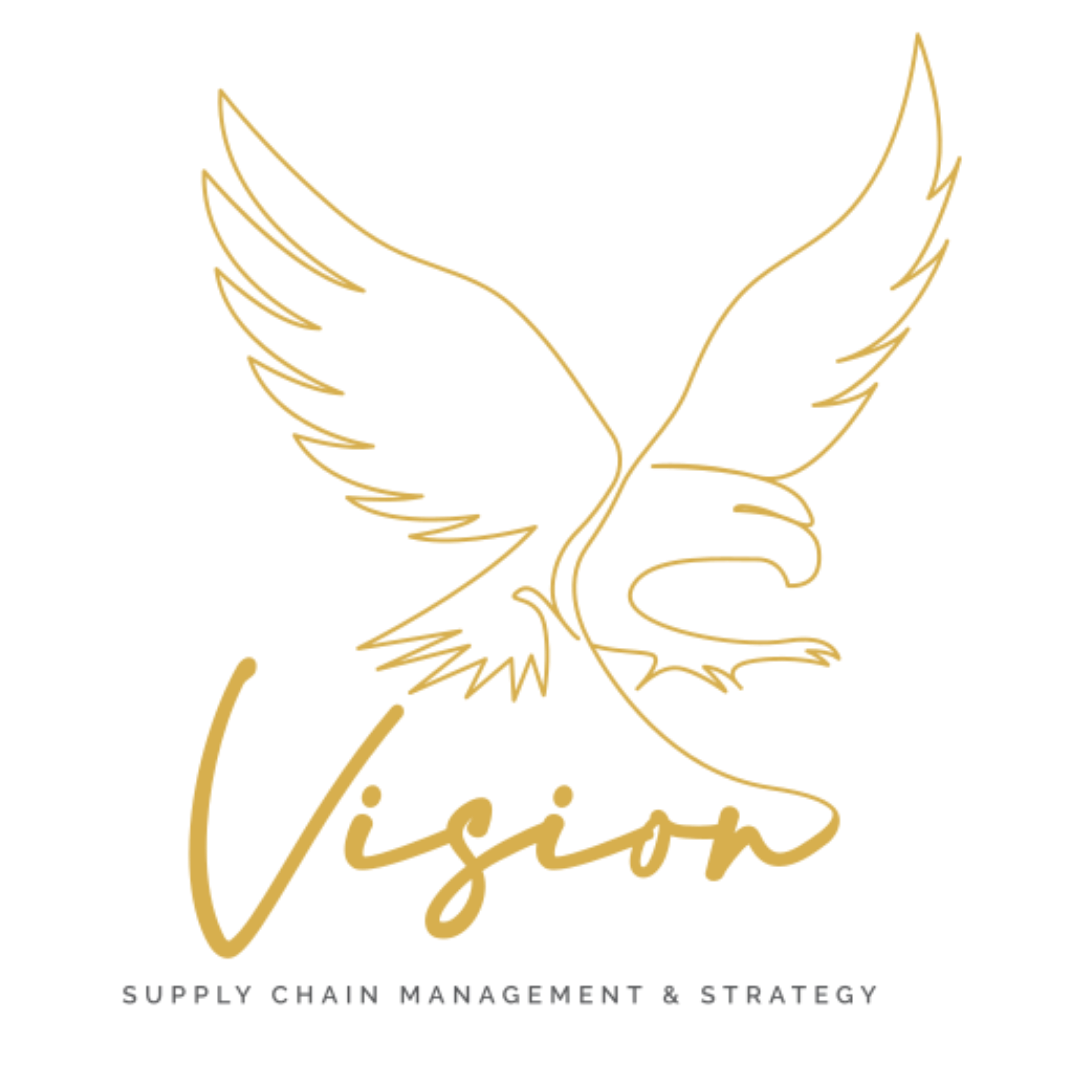What is the link between Blockchain and Supply Chain?
Throughout the past few years, we’ve heard a lot about the “meta-universe” and cryptocurrencies. If you didn’t already know, the technology behind these crypto currencies is called Blockchain. Blockchain is now being used in many applications and Supply Chain hasn’t escaped it.
When I first heard about Blockchain being used within Supply Chain, firstly I wondered “why?!” and then I thought “how?!”? And finally I was trying to figure out why the world of Supply Chain was getting so excited about it. I started doing some research on the subject and I remember getting lost with all the technical explanations - but not seeing any concrete applications.
Now that the world knows a little bit more about Blockchain we can define it a lot easier than we could before.
In this blog, and those that follow in this series, I will be answering the following questions:
What is the Blockchain?
How is it used within Supply Chain?
Is this new technology for all companies and all sectors of activities?
Why should you keep an eye on this emergent technology and how can blockchain help you in Supply Chain?
So, with that said, let’s get started.
What is Blockchain?
According to the Association for Supply Chain Management (ASCM), Blockchain is a “continuously growing list of records, called blocks, which are linked and secured using cryptography.”
Let me simplify this definition: Blockchain is a database.
You might be wondering what has changed from a traditional database that you know and have used for years and years? Let me explain. Blockchain is not only a secured database, it is an accurate (to a certain extent), transparent and immutable database. For us Supply Chain professionals - it looks like the Holy Grail!
But is it as promising as it seems to be?
Is Blockchain a solution for all companies?
Earlier this year, 101 Blockchains listed a ‘Top 20’ of the most promising blockchain projects. Among them, 6 are directly related to Supply Chain and are led by companies such as Daimler, LVMH or Novartis.
What do they all have in common? It’s the problem that they are trying to solve. In fact, the problem they are trying to solve with these projects is irrefutable, immutable and shareable records of information.
So first and foremost, if your problem doesn’t fall in the same category, you might not have a problem that’s solved by implementing and using Blockchain.
Advantages of using Blockchain
The subject of Blockchain is so vast that I will go in further detail in a future article. For now, let’s see what the four main advantages are for using Blockchain within Supply Chain.
Reduction of cost by removing middlemen from Supply Chain and using a peer to peer network (P2P) instead
Digitalisation that will help in defining standards which lead to more consistency and less fraud
Reporting. Since everyone has access to accurate information, the governing bodies won’t have to wait for the annual financial review. They will have it in real time.
Elevation of Value. By using iOT devices and capturing information, your business will actually be adding value to your final product, which could have an added cost to the end user.
Why are we getting so excited for a technology which is not yet scalable?
It is well known that by having a fully functioning supply chain, your business will be a step ahead of the competition. But I am sure that, by keeping an eye on Blockchain, your business will be able to distance itself even more from the competition.
Even though Blockchain is still at its early stage, we can already see that coupled with other technologies, Blockchain can be really promising. In fact, large companies like FEDEX, DHL and UPS are now working together to develop this technology in their field. It’s a risk and opportunity discussion. By staying updated with developments, you can avoid missing an opportunity to overtake some of your competitors.
Do you think that your organisation can use Blockchain as a new technology? Or do you feel that developing this new technology could impact your organisation in a way or another?
Share with me your thoughts in the comments section below.
